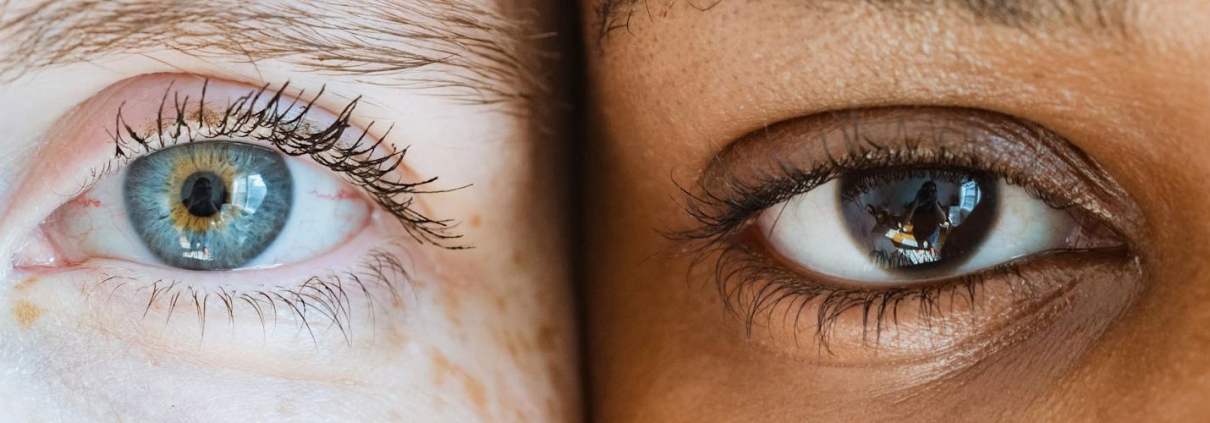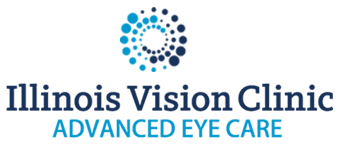Why Does My Optometrist Always Recommend a Glaucoma Test?
Have you ever noticed that whenever you visit your optometrist in Peoria, IL, they recommend that you have a glaucoma test? Even if you decline the first, they may gently encourage you to change your mind. This is because many people don’t fully understand just how dangerous glaucoma is. Since it’s a disease that happens “behind the scenes,” with little outward signs, at least in the beginning, it’s easy to escape being on people’s radar. As your optometrist, it’s our job to protect your vision, not just help you to see better. Here are all the reasons why your optometrist recommends a glaucoma test at every visit.
Benefits of Early Detection
Since glaucoma progresses without obvious warning signs, regular testing is the only reliable way to catch it early on. Because once vision is lost to glaucoma, it can’t be restored. You can never regain any sight that was lost due to glaucoma. Your optometrist recommends routine tests to identify changes in eye pressure, optic nerve health or visual field before you notice any issues, because there’s no going back after the damage is done. Early treatment can slow or prevent further vision loss, so the earlier it’s stopped in its tracks, the better.
Who’s at Risk?
Technically, while anyone can develop glaucoma, certain factors do increase the risk of a person developing this eye disease. These factors include being over age 40, having a family history of glaucoma, being of certain race descent and having certain underlying conditions such as diabetes, high blood pressure or a family history of glaucoma. If any of these apply to you, your optometrist may be especially vigilant about regular screenings, and you should be, too. Don’t say no to glaucoma screenings if you don’t match any of these factors, either, because again, anyone can develop glaucoma.
Your optometrist’s recommendation for glaucoma testing in Peoria, IL is based on best practices for preserving long-term vision in patients. Even if your eyes feel fine and you aren’t having any vision problems as yet, regular testing is essential for catching problems early, before they become serious. Consistent screenings reflect a proactive commitment to your eye health and overall well-being.






Leave a Reply
Want to join the discussion?Feel free to contribute!